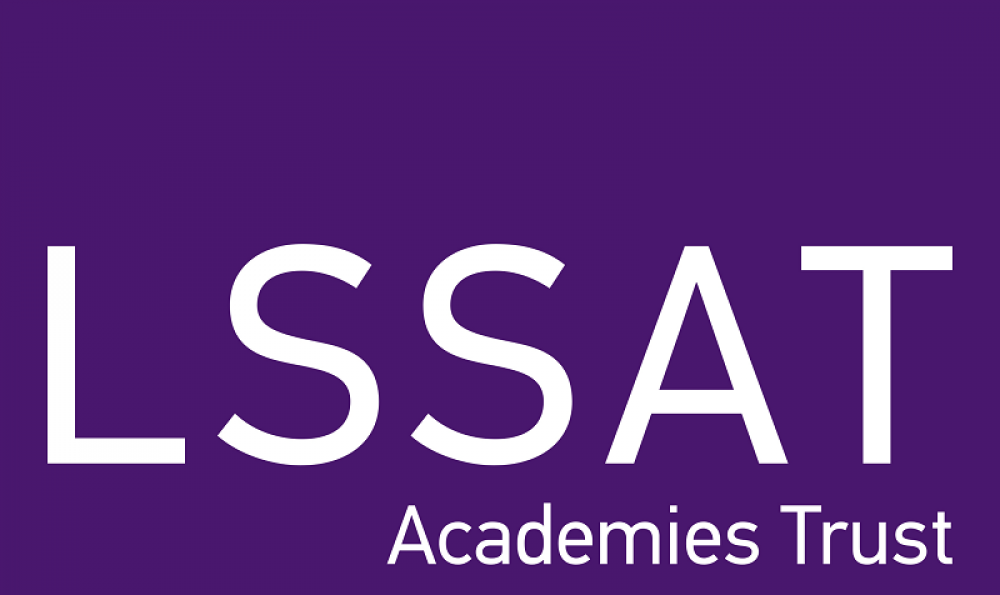A critical financial notice issued by the government to an academy trust revealing “significant irregular financial and governance practice” was kept under wraps for more than ten months.
The Education Funding Agency (EFA) has today published a financial notice to improve (FNtI) that was issued to the controversial Lilac Sky Schools Academy Trust in August last year.
It revealed the trust, which was already in the process of transferring its nine schools to new sponsors, had “significant irregular financial and governance practice over a number of years” – with government officials said to have “significant concern”.
It’s not known why there was such a long delay in the EFA publishing the FNtI on its website. The trust is now in the process of liquidation, and is being run by new trustees installed by the government.
There was significant irregular financial and governance practice over a number of years
Analysis by Schools Week of the four other notices to improve published this year show the maximum time between the letter being issued and published online was just over two months.
One FNtI was even published within three days of being issued.
As Schools Week previously revealed, LSSAT’s founder Trevor Averre-Beeson went on to take over a private school in September, which closed down six months later leaving more than 80 pupils stranded, owing staff £231,000 and the private school’s landlord, Our Lady of Fidelity Convent, £375,000.
The DfE told Schools Week that checks on the takeover were ongoing, but could not be completed before the school closed.
But the emergence of August’s FNtI suggests the DfE was already aware of financial concerns at the trust.
Instead, the extent of financial impropriety at the trust was only first revealed earlier this month – after overdue annual accounts for LSSAT were published.
They revealed numerous alarming instances of financial “impropriety” had been reported to the EFA, including the trust paying staff severance cash before reemploying them the next day, and spending public money on “luxury” booze.
Capital funding for new academies was also “inappropriately” used, forcing the new leadership team to seek additional cash to ensure that classroom could open “with the necessary basic equipment and furniture”.
They only came to light after the government ordered the trust to close down, when new trustees were appointed to oversee the transfer of its nine schools.
The delay in publishing the FNtI also poses new questions for the government over its relationship with the trust’s founders.

Schools Week revealed last year that an education firm owned by the trust’s founders had a two-year contract to provide advisers for regional schools commissioner Dominic Herrington (pictured right).
The FNtI published today shows LSSAT had failed to manage conflicts of interests, prevent one person “controlling and directing” the trust, prevent irregular practices and decisions, and breached procurement rules to related parties.
The EFA also said the trust failed to prevent a number of senior staff being paid off-payroll, failed to take action to avoid the expected cash flow deficit and misused capital funds to cover deficits in revenue funding.
The new trustees at LSSAT were told to submit a recovery plan by the end of September (around six weeks after the FNtI was issued).
The warning notice was also signed off by EFA funding director Sue Baldwin, who it was revealed this week is due to become the new regional schools commissioner for the East of England.
An EFA investigation into LSSAT is still ongoing. The government has previously refused to reveal when the report will be published.
It’s not the first time the government has delayed publishing critical academy documents.
Schools Week revealed in April last year how the government was accused of trying to avoid bad publicity by delaying the release of documents relating to poor pupil performance and governance at 15 academies.
The government released a batch of 13 pre-termination warning notices at 5.37pm on Thursday March 24 – one day before the bank holiday weekend.








This is rather reminiscent of the EFA sitting on a scathing report about Kings Science Academy, Bradford in 2013. http://www.localschoolsnetwork.org.uk/2013/10/trouble-up-north-as-flagship-free-school-is-buffeted-by-financial-rocks-gove-accused-of-fraud-cover-up
How many more Financial Notices to Improve have delayed publication?
Shall we just remind ourselves of the Nolan principles at this point? They are published on http://www.gov.uk.
1. Selflessness
Holders of public office should act solely in terms of the public interest.
2. Integrity
Holders of public office must avoid placing themselves under any obligation to people or organisations that might try inappropriately to influence them in their work. They should not act or take decisions in order to gain financial or other material benefits for themselves, their family, or their friends. They must declare and resolve any interests and relationships.
3. Objectivity
Holders of public office must act and take decisions impartially, fairly and on merit, using the best evidence and without discrimination or bias.
4. Accountability
Holders of public office are accountable to the public for their decisions and actions and must submit themselves to the scrutiny necessary to ensure this.
5. Openness
Holders of public office should act and take decisions in an open and transparent manner. Information should not be withheld from the public unless there are clear and lawful reasons for so doing.
6. Honesty
Holders of public office should be truthful.
7. Leadership
Holders of public office should exhibit these principles in their own behaviour. They should actively promote and robustly support the principles and be willing to challenge poor behaviour wherever it occurs.
Time for the DfE and EFA to be placed in Special Measures.